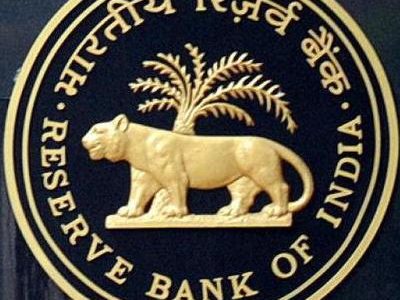Budget 2020-21 that was presented by Finance Minister Nirmala Sitharaman on Saturday has Long term solutions. But real estate industry says quick fixes were needed and that’s missing.
By Varun Singh
Budget 2020-21 was presented by the Finance Minister Nirmala Sitharaman on Saturday Morning. The budget has missed quick fixes for real estate. Though it does have Long term solutions.
Anuj Puri, Chairman, Anarock Property Consultants says, “The Budget misses on the ‘quick fixes’ the real estate sector needs urgently and focuses more on a long-term vision. Still, there were a few positives.”
He further added, “Clearly, this was a ‘make or break’ Budget for the government with most sectors (including real estate) seeking concessions to boost consumption and investments. The government has lived up to the overall expectations in several ways. This Budget restores some of the lost confidence in the India growth story – and more importantly, within India Inc. – by laying emphasis on wealth creators.”
The same sentiments that not much for real estate in the budget was echoed by Ramesh Nair, CEO & Country head of JLL India.
Nair said, “The Union Budget announcement today continues to focus on affordable housing and infrastructure, more specifically, urban infrastructure and logistics. However we do not see significant impact on the realty sector.”
While there are negatives there are positives too. Some say that the government has managed to catch the bull by its horn.
Kaushal AgarwalChairman, The Guardians Real Estate Advisory says, “The government has attempted to catch the bull by its horns. The budget demonstrates the government’s resolve to focus on demand generation, spurring jobs, increase infrastructure spends, attract foreign institutional investors and increase farm income. The decision to offer an optional tax regime that reduces the direct tax on personal income, will help increase the home loan EMI appetite of the consumers and will have a significant impact on generating demand for real estate. The government’s decision to further bolster the guarantee scheme for NBFC’s & HFC’s and offer subordinate debt to MSMEs, will to a certain extent, help bring liquidity in the market alongside the abolition of DDT. The tax holiday for developers of affordable housing and the extension of home loan interest benefit for affordable homes by another year is a welcome step for real estate. It is a positive step towards realizing the Prime Minister’s vision of housing for all by 2022. All in all – A good budget that rekindles hopes of a $5 trillion economy by 2024.”
Positives of the budget.
- Affordable Housing continues to be the government’s focal point for real estate. The previous tax exemptions for both homebuyers and developers have been extended for another one year.
- Personal tax relief across various income slabs will invariably increase disposable income at the hands of the middle class, and boost their consumption capabilities. This benefit may, however, not percolate down to the housing sector as significantly as hoped for.
- Alternative segments get more boost: Rather than giving direct benefits to residential real estate as a whole, the FM laid more focus on alternative segments within real estate – such as warehousing, data centres, schools, hospitals and hospitality. Plans to build Data Centre Parks across the country will boost demand for more real estate spaces. Simultaneously, plans to develop 5 archaeological sites will open new avenues for employment and also indirectly push real estate development.
- Boost to personal investment: Raising the insurance cover of depositors from INR 1 lakh to INR 5 lakh will boost confidence of depositors. This, in a way, will lead to bigger deposits – and thereby help in increasing liquidity in the banking system.
- Abolition of DDT for corporates is another bold move that will help them to diversify or expand their business and also make India an attractive destination for investors, thereby boosting investments. This is definitely good news for commercial real estate.
- Infrastructure development remained on top of the government’s agenda of propelling economic growth. Undoubtedly, infra development has a major multiplier effect on not just the overall economy but on the real estate market as well.
On the flipside
- Apart from the affordable housing push and personal tax relief, no major benefits came in for resolving the current housing mess. For instance, a hike in the INR 2 lakh tax rebate on housing loan interest rates under Section 24 of the Income Tax Act could have kick-started healthier demand for housing, especially in the affordable and mid-segment categories. But there was no announcement in this regard.
- Also, the Budget missed any major announcement for easing liquidity in the real estate sector – a major worry for most developers. Project delays – the biggest fallout of the cash crunch – have severely dampened buyer sentiments. There was a dire need to address this concern immediately.
- The Budget also did not announce any measures pertaining to implementation of land reforms. The lower 15% tax rate for companies looking to set up new factories can be applied only if they can acquire land easily. Further, bringing greater transparency to India’s outdated land records system would help attract more foreign investors and limber up the approval procedure for real estate projects.
Also Read: Expectations From Union Budget By Real Estate Industry.









